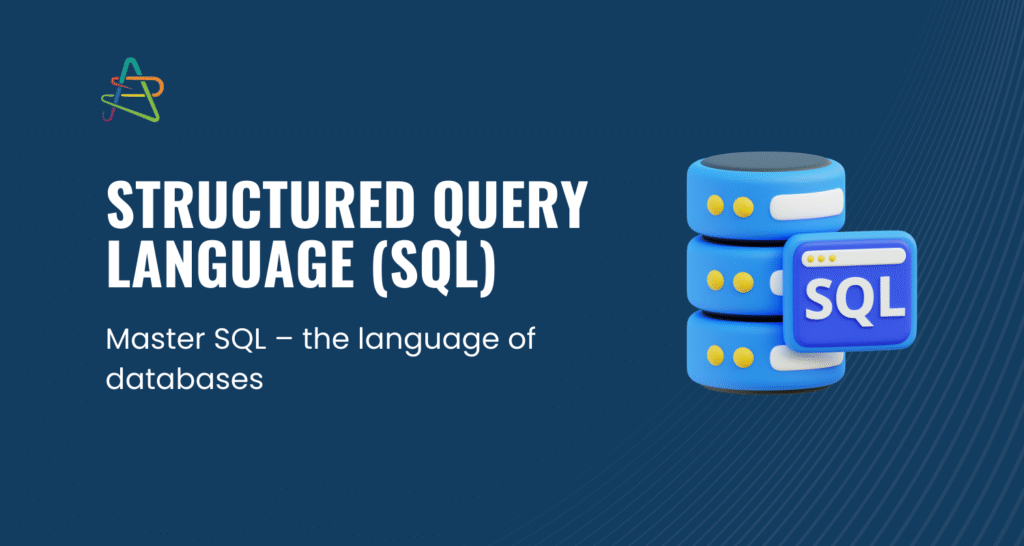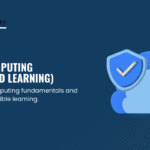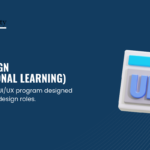Structured Query Language (SQL) – Self Paced
Master SQL and relational database management with hands-on training in queries, database design, DDL/DML operations, and advanced SQL techniques.

The Structured Query Language (SQL) Curriculum 2025 is a comprehensive, AICTE-aligned course designed for beginners, database enthusiasts, and IT professionals who want to master SQL, database design, and relational database management. This course combines theoretical knowledge with practical hands-on exercises, enabling learners to efficiently create, manage, and manipulate databases across multiple platforms.
Throughout this course, participants will explore core SQL concepts, including installation and configuration of SQL and PHP, database design, relational schema, queries, and data manipulation. You will also learn advanced techniques such as group functions, subqueries, data retrieval from multiple tables, and relational database optimization.
Course Curriculum Highlights:
Module 1: Introduction & Setup
-
Installing PHP and SQL
-
Installing MAMP on Windows 10 and macOS
-
Overview of databases and relational database concepts
Module 2: Basics of SQL
-
Introduction to Structured Query Language
-
Basic SQL operations and syntax
-
Data types in SQL
-
Understanding database keys and indexes
Module 3: Database Design
-
Relational database design principles
-
Many-to-many relationships
-
Normalization techniques and schema design
Module 4: Querying Databases
-
The basic SELECT statement
-
Using GROUP functions, subtotals, and subqueries
-
Retrieving data from multiple tables
-
DDL (Data Definition Language) and DML (Data Manipulation Language)
Module 5: Advanced SQL Concepts
-
Standardizing SQL practices (Bonus: Liz Fong techniques)
-
Optimizing queries for performance
-
Practical exercises and real-world database scenarios
By completing this course, learners will gain industry-ready SQL skills, enabling them to design efficient relational databases, perform advanced queries, and manage enterprise-level data systems.
Course Information
Recent Courses
Compare Course
Click the button below to compare this course with another one.





